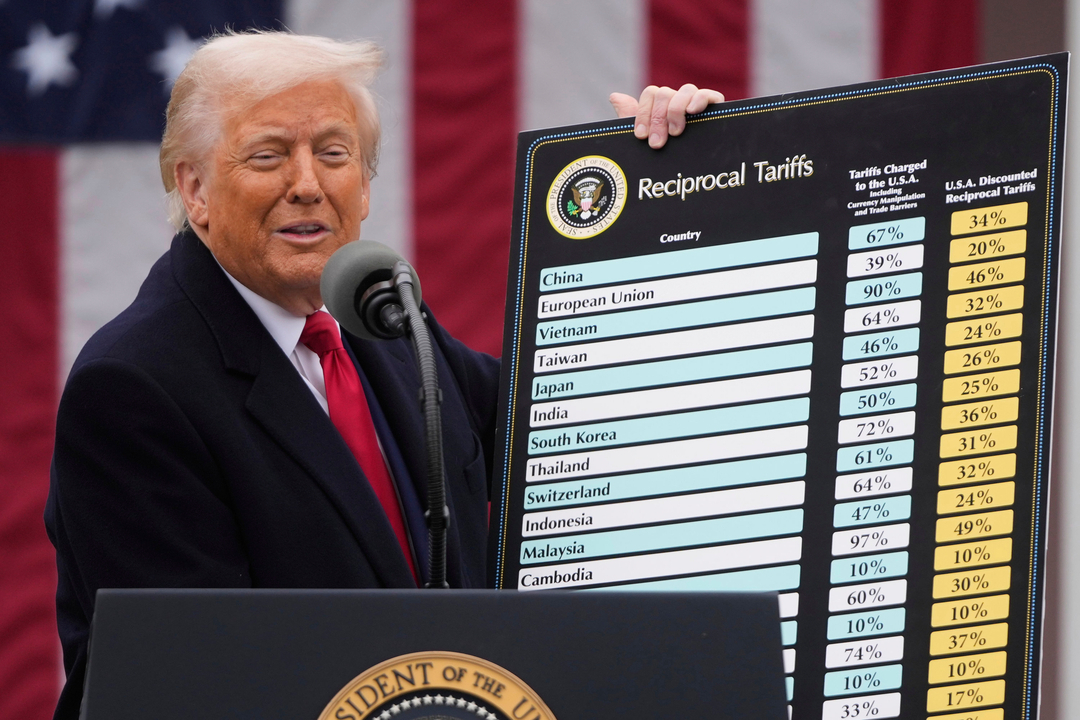Introduction
The death penalty, a contentious issue across the United States, remains a significant topic in Utah’s criminal justice system. As of 2023, Utah is one of 24 states that still actively utilize capital punishment. This article explores the current status and implications of the death penalty in Utah, shedding light on its relevance in contemporary society.
Current Status of the Death Penalty in Utah
Utah reinstated the death penalty in 1976 after the U.S. Supreme Court ruled that it was constitutional. The state has a unique history with capital punishment, being one of the few states that still allows firing squads as a method of execution, alongside lethal injection. As of now, there are eight inmates on Utah’s death row, with the last execution occurring in 2010. Notably, in recent years, there has been increasing public and political discourse surrounding the efficacy and morality of capital punishment.
Legislative Changes and Discussions
In 2021, the Utah State Legislature passed a bill that outlines new procedures for implementing the death penalty, emphasizing a more transparent and humane approach to executions. This comes amidst calls for greater reform and scrutiny of the system as advocates push for abolition. The discussions revolve around whether the state should continue to uphold the death penalty or transition to life sentences without parole as the maximum penalty.
Public Opinion and Sentiment
Public opinion on the death penalty in Utah reflects a complex landscape. According to a recent poll, about 56% of Utah residents support capital punishment; however, support has gradually decreased over the years. Opposition groups argue that the risk of executing innocent people, high costs, and moral implications outweigh the perceived benefits of this ultimate punishment.
Conclusion
The future of the death penalty in Utah remains a topic of considerable debate. With the growing momentum for criminal justice reforms nationwide and evolving public opinion, Utah may soon face pivotal decisions regarding its capital punishment laws. As stakeholders continue to engage in meaningful discussions, citizens are encouraged to stay informed about these developments, as they hold significant implications for the state’s legal landscape and the moral compass of society.


